There’s more to D.C.’s underground than the Metro. Not long ago, the nation’s capital was also home to the underground concerts and acid wash jeans of punk music.
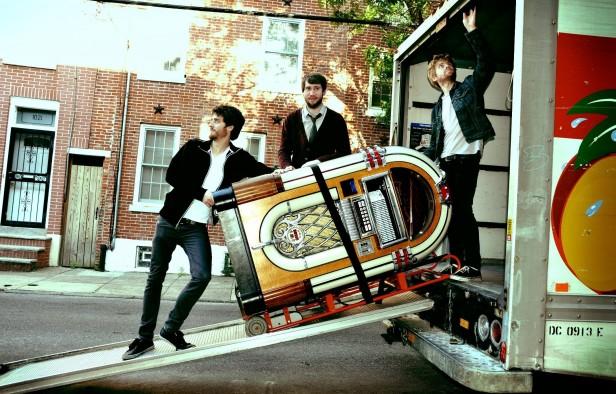
In the ‘80s and ‘90s, D.C. was the epicenter of hardcore punk. Like most trends, this one evolved, diversifying its music offerings to include different genres like alternative and indie.
D.C. record labels like Dischord Records have felt the effects.
In 1980, Ian MacKaye and his partner Jeff Nelson realized that no record label would be interested in releasing their punk music. They created their own record label to document their own music and that of other local punk bands in the growing underground scene. MacKaye’s involvement with the Dischord label also included playing in several punk bands such as Minor Threat and Fugazi.
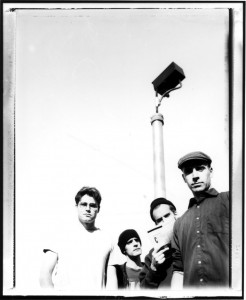
“There wasn’t something in D.C. that everyone in the country knew about,” MacKaye said. “The punk scene really blew that wide open.”
Dischord is still influential, but its music has lost some of its prominence as new and different music emerges from D.C. The old Dischord scene drew label owner Sean Peoples to D.C., and in 2004, created his experimental pop music label, Sockets Records.
“You look back to the ‘80s and ‘90s; there were so many great bands coming out of D.C. and we were known for it,” Peoples said. “For so long, the city had this cloud over it. Everyone knew this was where Dischord was.”
It’s been more than 30 years since the creation of the “Dischord sound,” and the punk influence has waned with the rise of indie alternative pop. D.C.’s assortment of music doesn’t give local bands a music scene to fall back on or represent. When alternative rock band Jukebox the Ghost formed in D.C. in 2008, the music scene was in a state of confusion, guitarist Tommy Siegel said.
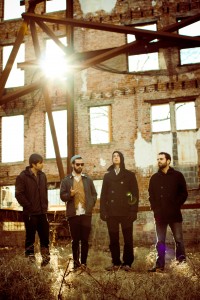
“The Dischord wave had crashed and receded by the time we were making a name for ourselves, so there were a lot of different bands floating around without any consistent ‘scene,’” Siegel said. “The city was suddenly occupied by mostly indie-pop bands that seemed to have no relationship to the music that had defined the city for the last decade.”
Although punk music is no longer D.C.’s most prevalent sound, the era of punk established a sense of community among local artists. Many artists feel that D.C. maintains a humble and supportive ambiance because there isn’t a stress on bands “getting big.”
“It’s really all love in D.C.,” said Dan Scheuerman, singer and guitarist in local indie band Deleted Scenes. “There’s a premium on realness, and there’s not a lot of pretension. It’s not like anyone’s really getting huge. We’re just doing our thing.”




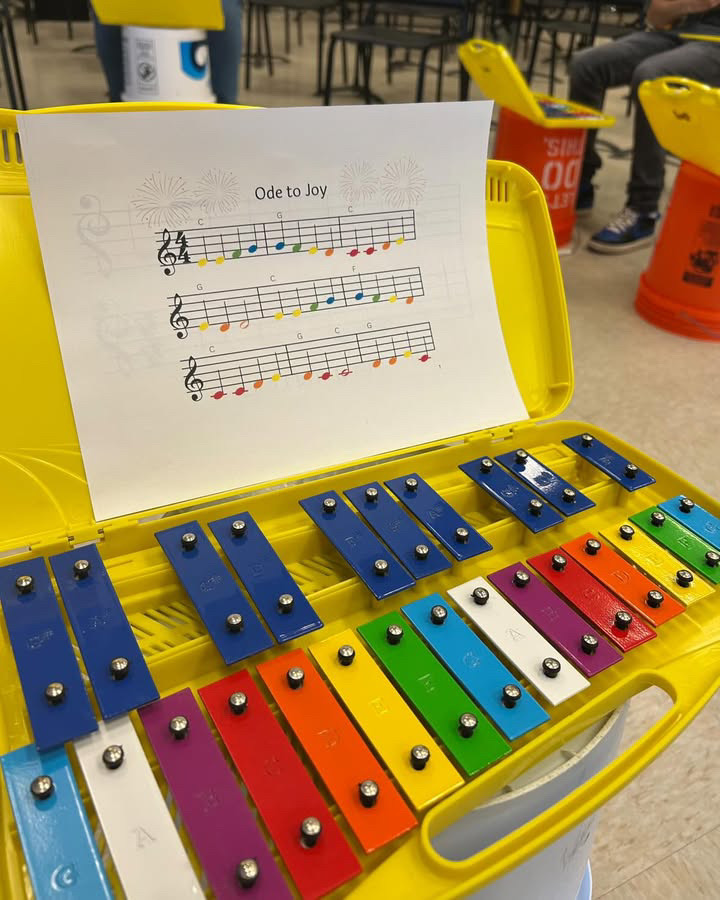
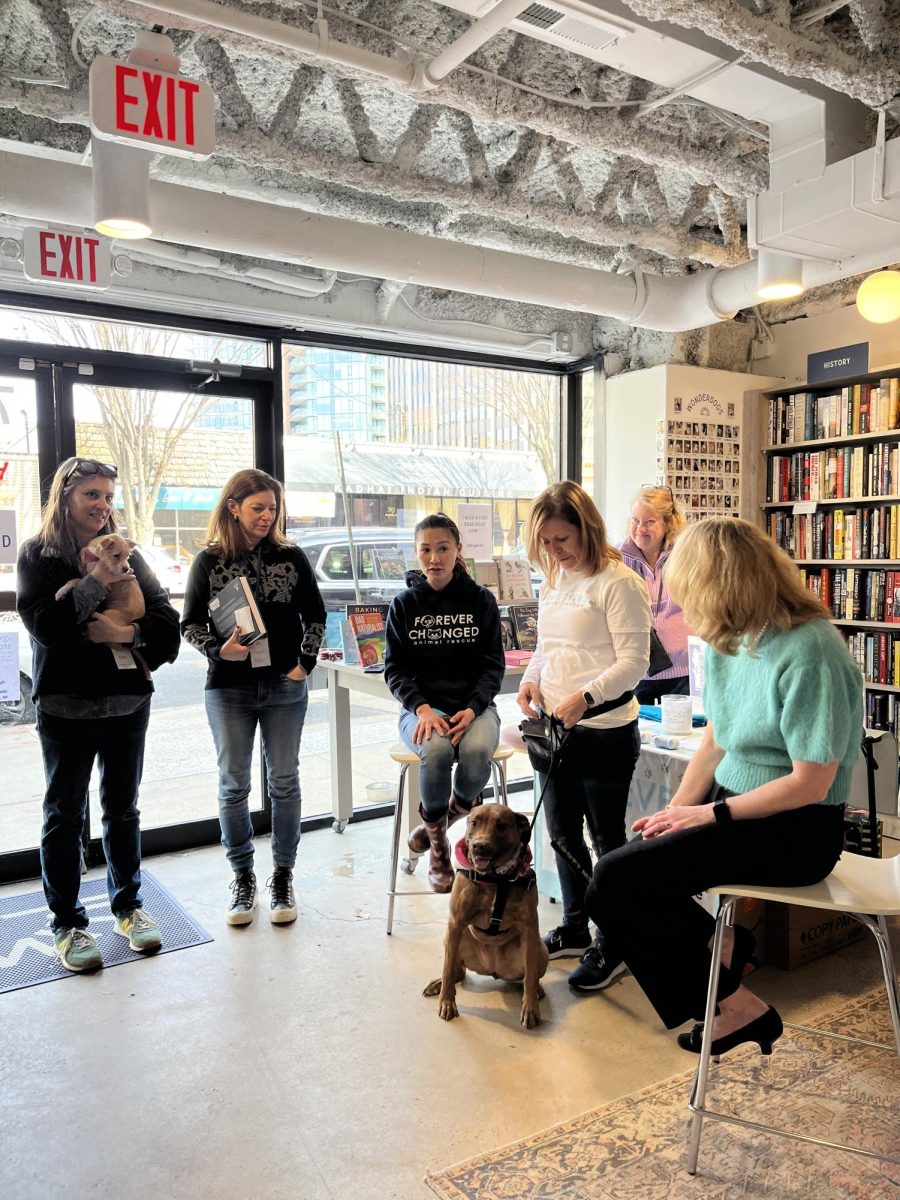
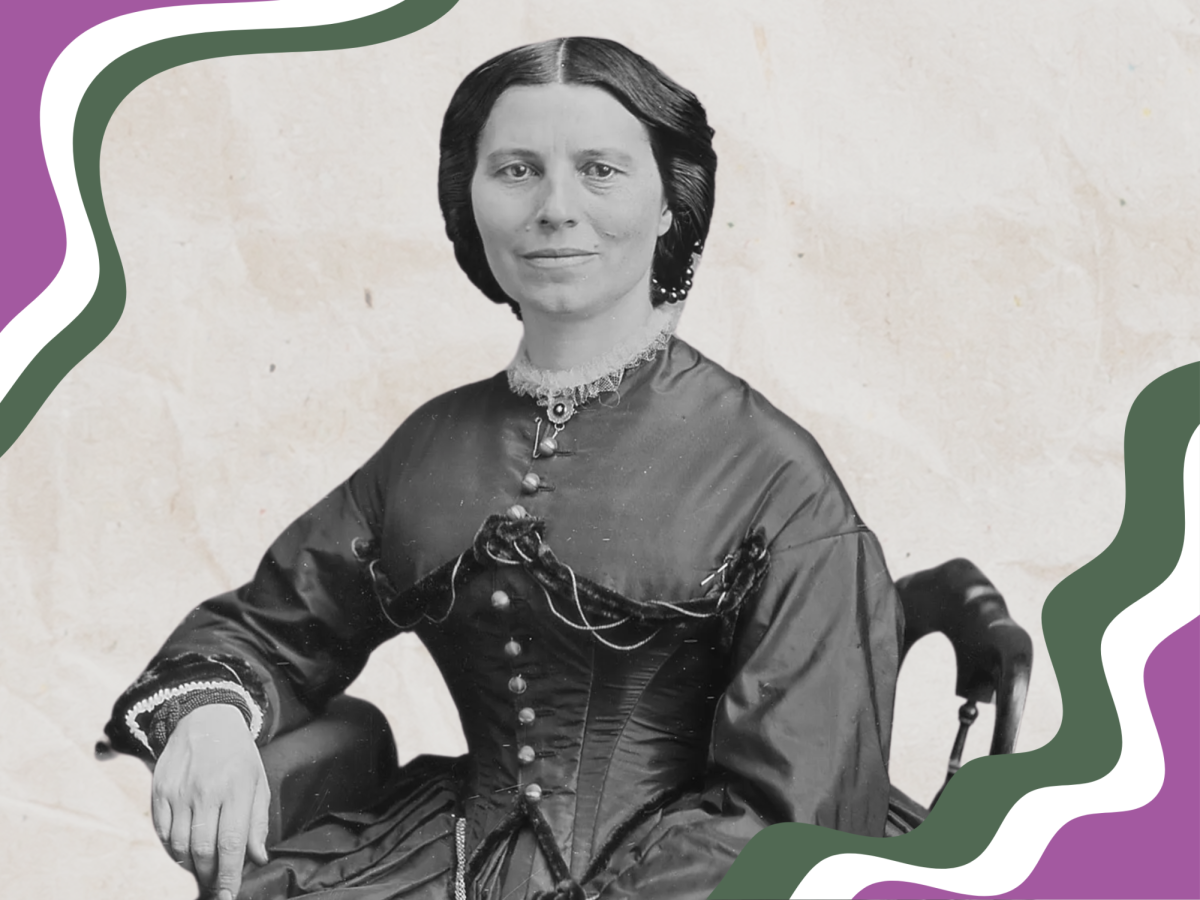
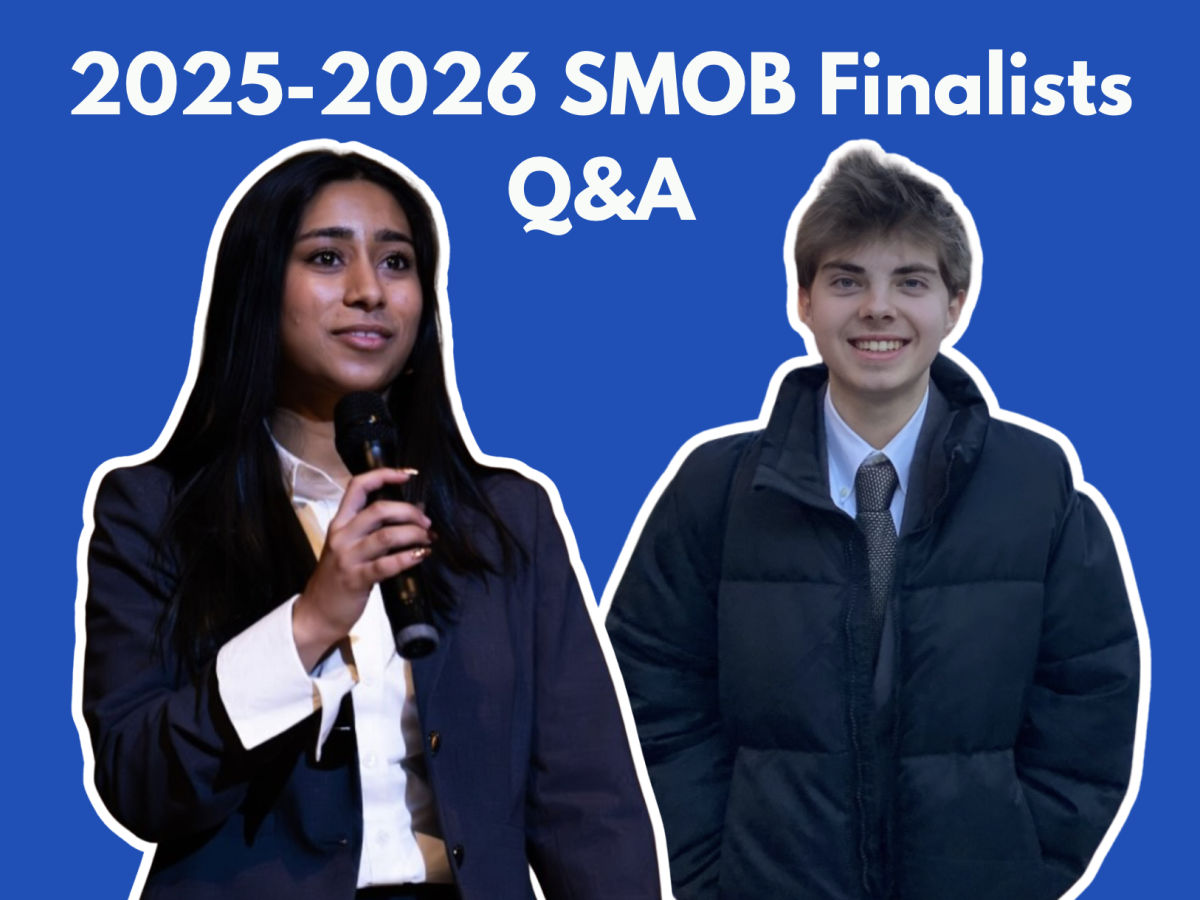
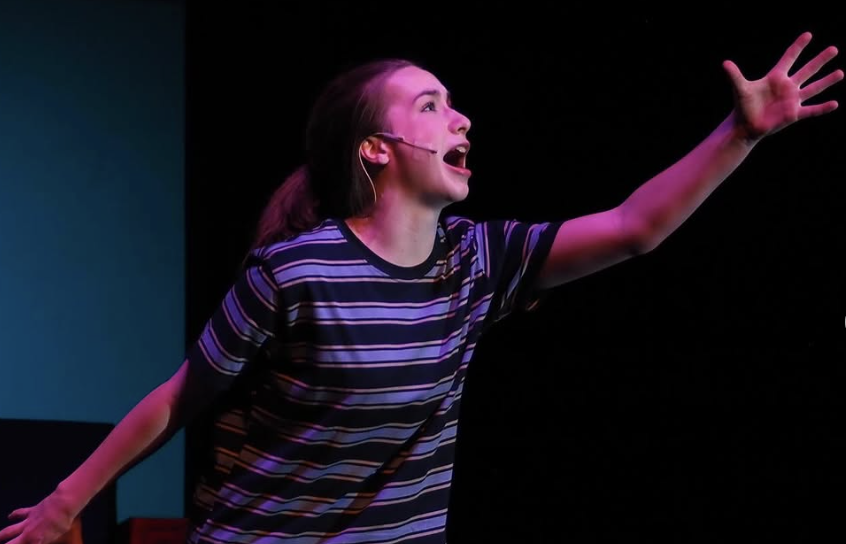
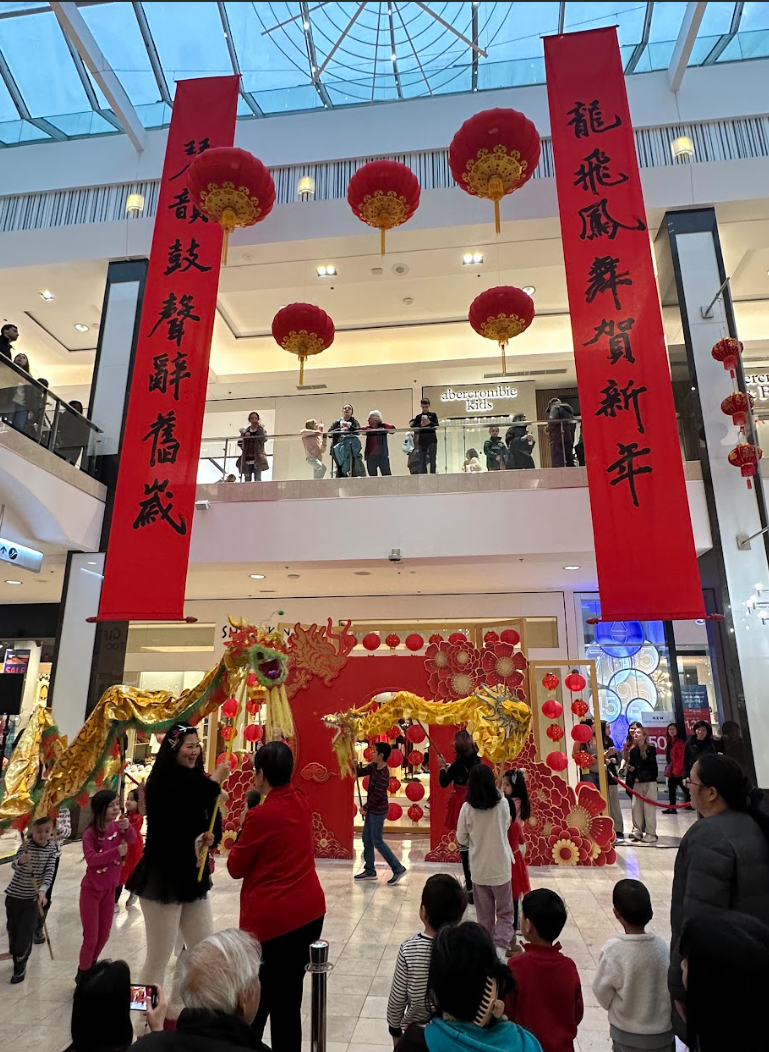
Daniel Fitterman • Jan 12, 2012 at 8:18 am
This was a really informative article, thanks for writing it.
Minor Threat fan • Jan 10, 2012 at 10:23 pm
If you got to interview Ian Mackaye you are a very lucky human being.